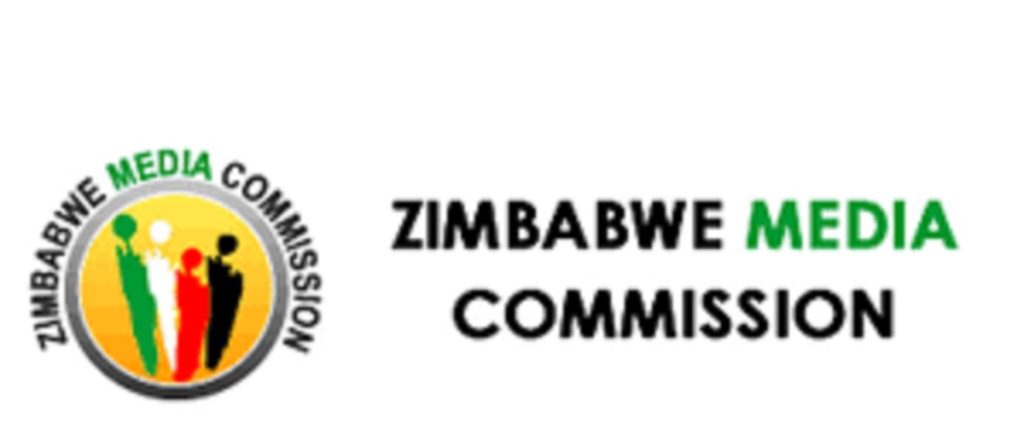Zimbabwe media under siege

LOCAL journalists have bemoaned the shrinking media freedom space in the country as government tightens screws on scribes through the gazetting of the Private Voluntary Organisations (PVO) Amendment Bill currently before Parliament.
Zimbabwean media practitioners feel that if enacted, the PVO Amendment Bill will not only muzzle the work of civic society organisations, but also stifle media freedom and freedom of expression ahead of the 2023 general elections.
Last year, several journalists were arrested or harassed at the hands of State agents.

Speaking at the launch of the State of the Press Freedom Report in Southern Africa 2020-2021 in Bulawayo yesterday, International Federation of Journalists secretary-general Antony Bellanger yesterday said the Zimbabwean government should stop treating journalists as criminals.
“Zimbabwe’s government continues harassing and threatening independent journalists. Media workers can’t work under fear of suffering reprisals for doing their job and being labelled criminals,” Bellanger said.
Media Institute of Southern Africa Harare Chapter chairperson Moses Matenga said: “What happened during the March 26 by-elections revealed that the media is under siege ahead of the 2023 elections, and what we only demand is for political actors to respect the media and give us space to inform and educate the masses without fear or favour. As Misa, we want to promote media diversity and plurality. We call upon all stakeholders to rally behind our consistent call for the government to promote freedom of expression.”
Young Journalists Association of Zimbabwe spokesperson Leopold Munhende said: “We also need complete liberalisation of the airwaves, support for community initiatives such as radio stations and deliberate attempts to let go of State-owned media entities.”
Head of the African Governance Architecture, Salah Hammad challenged the Zimbabwean media to engage more female practitioners as a way of adhering to the international standards of gender parity expected in all sectors and nations.
“It is very important that we make more women involved in this field. I hope next time when we have a meeting like this we will see a 50/50 representation, 50 males and 50 females,” Hammad said.
Information Communication Technology deputy minister Dingumuzi Phuti lamented lack of resources for the media and journalists to counter cybercrime and hacking activities.
He said sharing of computers in newsroom affected the safety of journalists.
“The use of internet cafes by mostly freelance journalists exposes them or their work to surveillance. There is need to make awareness and training of journalists in data security. Journalists should be made aware of the spy web and should be freely availed with the tools that ensure their work protection,” Phuti said, adding that journalists should desist from partisan reporting.
–NewsDay




